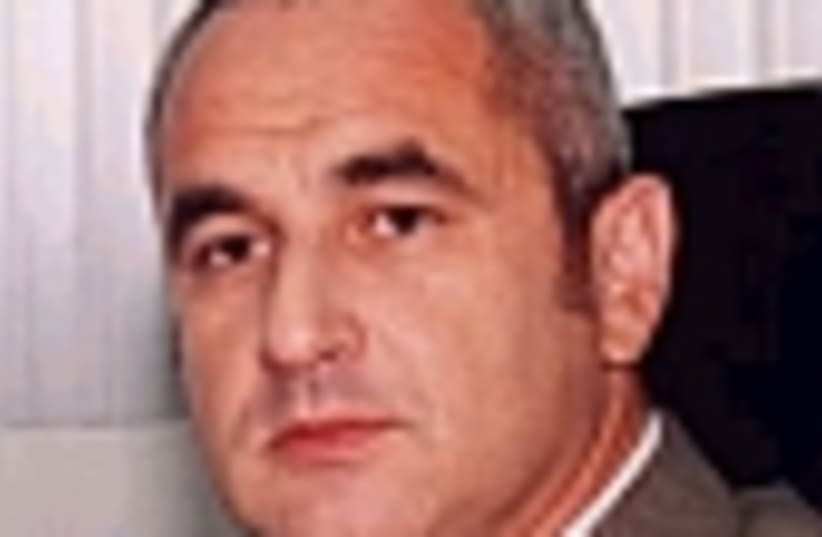| More about: | Israel, National Union (Israel), Natan Sharansky, Democratic Choice |
A tale of two Russian MKs
MKs Yuri Shtern and Roman Bronfman couldn't have more similar backgrounds - or more different politics.


| More about: | Israel, National Union (Israel), Natan Sharansky, Democratic Choice |